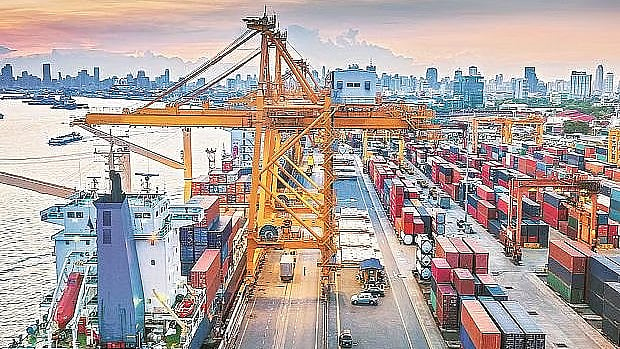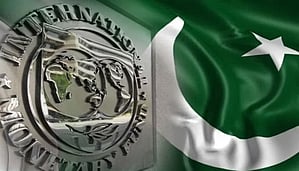Karachi: In Pakistan, tomato prices have surged to PKR 600 per kilogram, nearly 400 percent higher than normal rates. While tomatoes usually cost PKR 50-100 per kg, they are now selling at PKR 550-600 per kg, creating a major strain on consumers. The steep increase is primarily due to disruptions in supply chains caused by geopolitical tensions and adverse weather.
Border Crossings Remain Closed
The Pakistan-Afghanistan border, including key crossings at Torkham and Chaman, has been closed since October 11 following tensions between Islamabad and Kabul. Pakistan accused Afghanistan of supporting terrorist attacks, resulting in halted trade and delayed shipments of essential goods. This closure has caused nearly 5,000 containers, including tomatoes, apples, and grapes, to get stuck at the border.

Reduced Truck Supply Increases Prices
Markets are facing supply shortages as only 15-20 trucks of tomatoes reach Lahore’s Badami Bagh market daily, compared to the usual 30 trucks. The reduced inflow has widened the demand-supply gap, pushing prices higher. Additionally, floods in Khyber Pakhtunkhwa, Balochistan, and Sindh have damaged crops, further reducing local production.
Cross-Border Trade and Historical Context
Historically, Pakistan has relied on imports from India to meet demand during shortages. According to reports, in 2011, Indian traders benefited from high Pakistani tomato prices by sending trucks through Attari-Wagah borders. Key Indian regions such as Nasik, Pune, and Ahmednagar regularly supply northern markets. With current border closures, Pakistan faces similar price pressures as local supply dwindles.
Floods and Local Production Woes
Flooding in Sindh and other production regions has exacerbated the problem, leading to a persistent shortfall in tomatoes. Experts note that local production is insufficient to meet demand, especially with cross-border imports halted.
Pakistan Faces Inflation in Other Commodities
This isn’t Pakistan’s first experience with soaring food prices. In July 2023, wheat prices hit PKR 320 per kg, with a 20-kg bag reaching PKR 3,200, making it the 'world’s most expensive wheat.' Similarly, sugar prices in retail markets have climbed to PKR 160 per kg, indicating broader inflationary trends.











